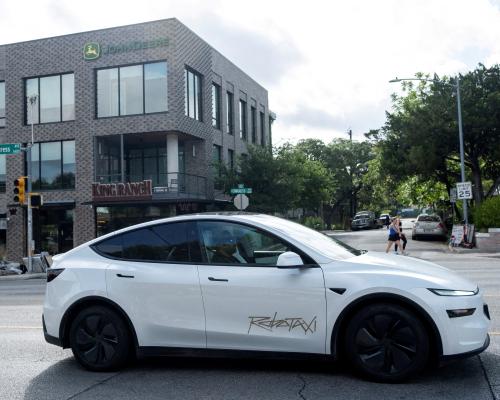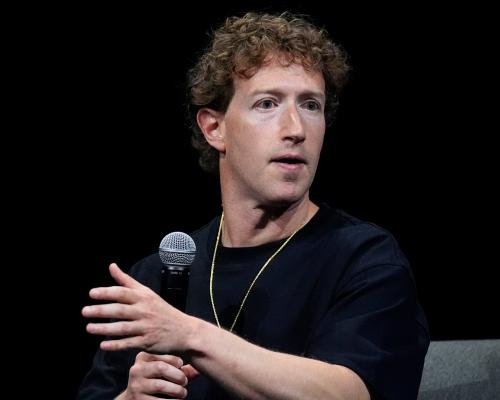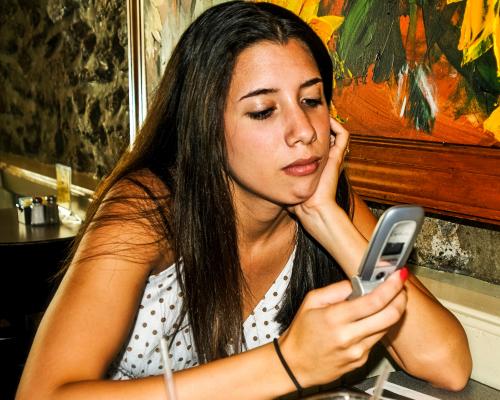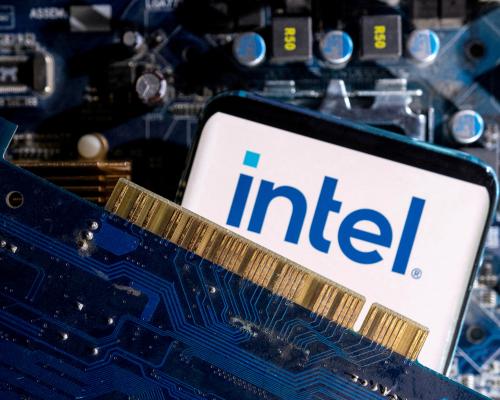
Tesla shareholders sued Elon Musk and the electric vehicle maker for allegedly concealing the significant risk posed by company’s self-driving vehicles.
The proposed class-action suit, which accuses Musk and Tesla of securities fraud, was filed on Monday night. Tesla conducted its first public test of its self-driving taxis in late June near the company’s headquarters in Austin, Texas. That test showed the vehicles speeding, braking suddenly, driving over a curb, entering the wrong lane and dropping off passengers in the middle of multilane roads. The National Highway Transit Safety Administration (NHTSA), the main transportation regulator in the US, is investigating the Robotaxi’s pilot test.
Shareholders accused Musk and his electric vehicle maker of repeatedly overstating the effectiveness of and prospects for their autonomous driving technology, inflating Tesla’s financial prospects and stock price. Tesla’s share price fell 6.1% over two trading days after the test began, wiping out about $68bn of market value.
Shareholders said this included Musk’s assurance on a 22 April conference call that Tesla was “laser-focused on bringing Robotaxi to Austin in June” and Tesla’s claim the same day that its approach to autonomous driving would deliver “scalable and safe deployment across diverse geographies and use cases”.
Tesla did not immediately respond on Tuesday to requests for comment. The company’s chief financial officer, Vaibhav Taneja, and his predecessor Zachary Kirkhorn are also defendants.
Expanding Robotaxis is crucial for Tesla as the company faces falling demand for its ageing electric vehicles and a backlash over Musk’s politics.
Musk, the world’s richest person, says he will offer the service to half of the US population by year’s end, but first he must convince regulators and assure the public his technology is safe. He claims the company has expanded its Robotaxi service to the San Francisco Bay Area, where it was previously headquartered, though regulations there prevent Tesla from offering paid autonomous rides without a renewed permit, according to the department of motor vehicles.
A Florida jury on 1 August found Tesla 33% responsible for a 2019 crash involving its self-driving software, which killed a 22-year-old woman and injured her boyfriend, and ordered it to pay about $243m in damages to victims. Tesla blamed the driver and plans to appeal.







